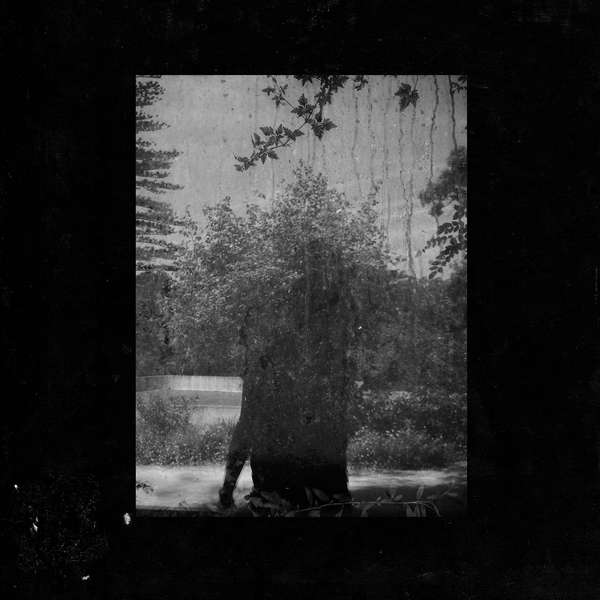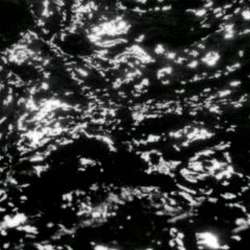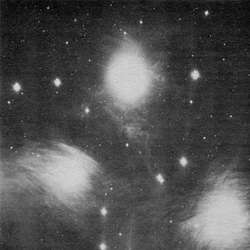Though I’ve been familiar with the name Grouper for some time, perhaps it’s not entirely coincidental that the solo project from Portland, Oregon-based artist and musician Liz Harris has never quite made an impression on me. While many of today’s groups strive to work their way into a listeners head, Grouper almost seems to be trying to achieve the opposite, trading in fleeting melody and palpable moods instead of bombastic rhythms and quirky lyrics. This is certainly true of 2014’s Ruins, which appropriately enough was released on Halloween. Even if the production here is purposely rough, the album as a whole is very calming, made up largely of piano-based compositions into which Harris only intermittently injects whispered vocals. As such, Ruins seems like something that a listener would have to be in the right frame of mind to truly appreciate, but it’s indisputably excellent for what it is.
Recorded over the course of a number of years for the most part while Harris was taking up a residency in Portugal, Ruins is very much a product of the spaces in which it was recorded: croaking frogs are heard under the music in at least one of the tracks. Additionally, most of these pieces seem to glide by as if they’re being experienced in a listener’s subconscious, making the entirety of the album quite pleasing as an ambient work. “Made of Metal,” a relatively brief track of droning but quiet industrial-like noise, kicks off the album and segues nicely into “Clearing.” This is probably one of the more song-like pieces here since it’s built around definable lyrics, with Harris’s breathy voice heard over swaying piano chords. “Call Across Rooms” meanwhile is more dramatic and almost tragic in the way it sounds. Here, Harris’s voice is more fragile, threatening to break apart as the track progresses with an almost Persian melodic structuring that makes it more than a bit ghostly. The pastoral “Labyrinth” is the first of several piano-based instrumentals, “Lighthouse” has a pensive feel to it due to its use of see-sawing chords, and the quietly worrying “Holifernes” plays out to the sound of rain pitter-pattering off the roof and windows in the background.
The second half of Ruins features two more lengthy but not entirely more substantial pieces, the first of which is “Holding.” In a similar manner to “Clearing,” this delicate track finds Harris singing a dreamy and quiet, folk-like melody over relaxed piano. This may be the most undeniably peaceful track on the album even if it ends with the sound of distant thunder clapping outside. The aptly-named “Made of Air,” recorded back in 2004, is made up exclusively of droning and groaning tones joined together in a gurgling mass of atmospheric sound. Despite the fact that the piece is somewhat troubling at times, it ultimately seems to lead to a light at the end of the tunnel of this endearing and enigmatic album. It’s also altogether outstanding in its conception and execution, putting the finishing touches on a release that has more in common with a trip to a fine art museum more than with a typical music recording.
Lonely-sounding but not altogether bleak, an album like Ruins serves to remind a listener of what can be achieved solely with sound and a bare minimum of musical instruments, and I think it would have a rejuvenating effect on a person burned out from the pop culture overload many of us are faced with on a daily basis. Like most experimental music, this work wouldn’t be to everyone’s taste but it would definitely appeal to those with an appreciation of minimalistic and/or atmospheric recordings. Personally, I found this album much more satisfying to listen to than the very abstract and somewhat unmusical compositions that Holly Herndon released earlier this year on the Chorus EP. For the listener in the mood for something pleasant but well off the beaten path, Ruins would undoubtedly fit the bill.




